Romania: Media pressure seen as weakness
Romania’s National Defense Strategy states that Romania faces some weak points which affect the image of state institutions and hinder the enforcement of laws.
Wednesday, 23.06.2010.
17:08

Romania’s National Defense Strategy states that Romania faces some weak points which affect the image of state institutions and hinder the enforcement of laws. According to the document, Romania's main weak points are the state institutions' reduced capacity to apply laws, press campaigns aimed to discredit state institutions, the pressure made by media groups, which is meant to influence political decisions. Romania: Media pressure seen as weakness The reduced local and central administrative capacity, as well as the excessively politicized institutions, both at a local and at a national level are also mentioned, as is corruption, tax evasion, smuggling, and "underground" economy as vulnerable aspects that negatively impact the Romanian citizens and the functioning of state institutions. The document calls attention to the budget instability generated by wrong political decisions, the problems regarding the quality of the public health-care services and the organized crime. The Defense Strategy outlines the significant development differences between the country's regions, the population's aging process, the negative demographic trend, as well as the problems in the education sector that badly impacts the development of the Romanian society which becomes less professionalized. The document also draws attention to issues concerning family cohesion, massive migrations and their powerful impact on children and youths. The document also mentions the main risks that endanger Romania, namely the increased incidence of international terrorism due to a diversification of recruiting and support means, religion radicalization, cyber-terrorism and virtual propaganda, arms proliferation, the development of ballistic missile programs, drug trafficking and organized crime. Other issues outlined by the document refer to the increased insecurity and uncertainty in the Black Sea region and the West Balkans, the insecurity of the international financial system, espionage and other hostile actions carried out by certain intelligence services. The Defense Strategy shows Romania has two ways to counteract the problems it is faced with, namely to resort to its own resources and cooperate with its international partners and allies. Romania's Supreme Defense Council CSAT on Tuesday decided to submit the Defense Strategy, proposed by President Traian Basescu, to the Parliament for approval. Basescu said he is open to lawmakers' recommendations. Romania's Chamber of Deputies and Senate on Wednesday decided the report on the country's National Defense Strategy will be drafted until September 1 and lawmakers will set off debates on the report in the parliament's fall session.
Romania: Media pressure seen as weakness
The reduced local and central administrative capacity, as well as the excessively politicized institutions, both at a local and at a national level are also mentioned, as is corruption, tax evasion, smuggling, and "underground" economy as vulnerable aspects that negatively impact the Romanian citizens and the functioning of state institutions.The document calls attention to the budget instability generated by wrong political decisions, the problems regarding the quality of the public health-care services and the organized crime.
The Defense Strategy outlines the significant development differences between the country's regions, the population's aging process, the negative demographic trend, as well as the problems in the education sector that badly impacts the development of the Romanian society which becomes less professionalized. The document also draws attention to issues concerning family cohesion, massive migrations and their powerful impact on children and youths.
The document also mentions the main risks that endanger Romania, namely the increased incidence of international terrorism due to a diversification of recruiting and support means, religion radicalization, cyber-terrorism and virtual propaganda, arms proliferation, the development of ballistic missile programs, drug trafficking and organized crime.
Other issues outlined by the document refer to the increased insecurity and uncertainty in the Black Sea region and the West Balkans, the insecurity of the international financial system, espionage and other hostile actions carried out by certain intelligence services.
The Defense Strategy shows Romania has two ways to counteract the problems it is faced with, namely to resort to its own resources and cooperate with its international partners and allies.
Romania's Supreme Defense Council CSAT on Tuesday decided to submit the Defense Strategy, proposed by President Traian Basescu, to the Parliament for approval. Basescu said he is open to lawmakers' recommendations.
Romania's Chamber of Deputies and Senate on Wednesday decided the report on the country's National Defense Strategy will be drafted until September 1 and lawmakers will set off debates on the report in the parliament's fall session.












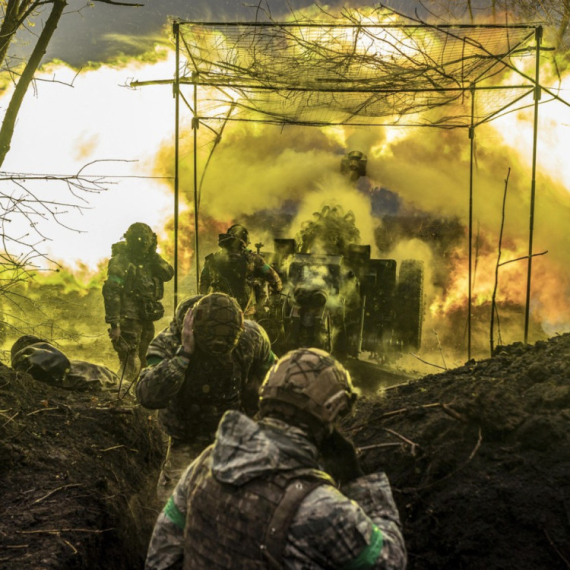
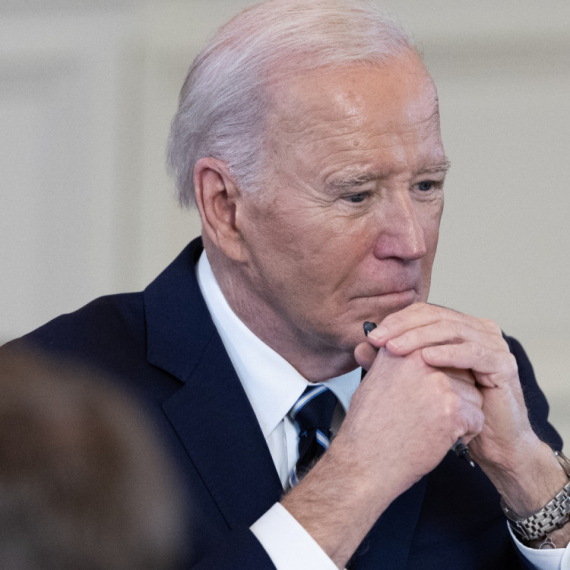
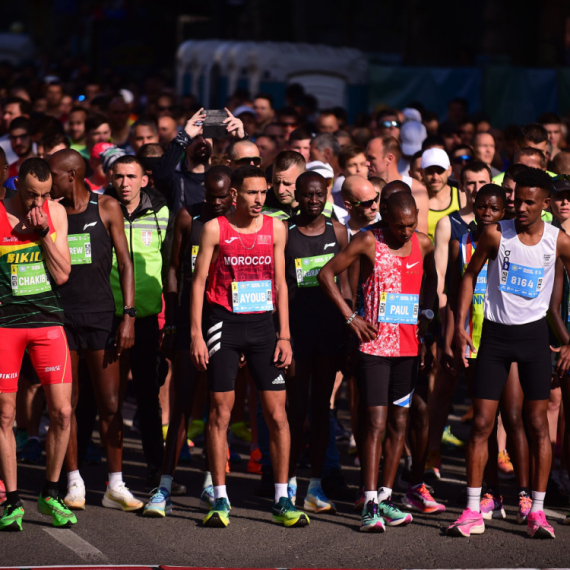
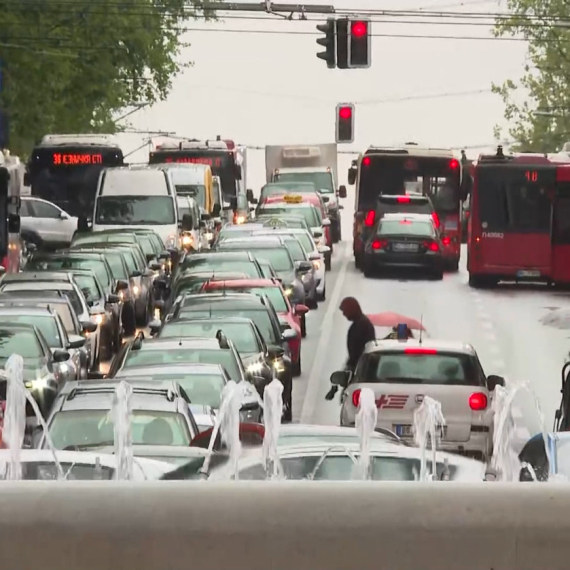
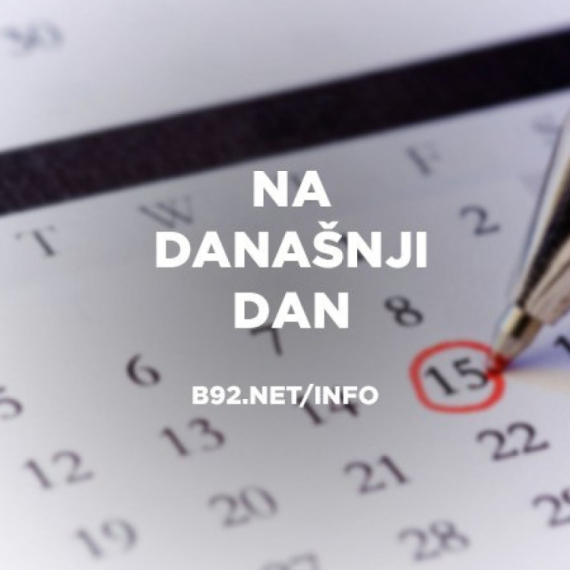


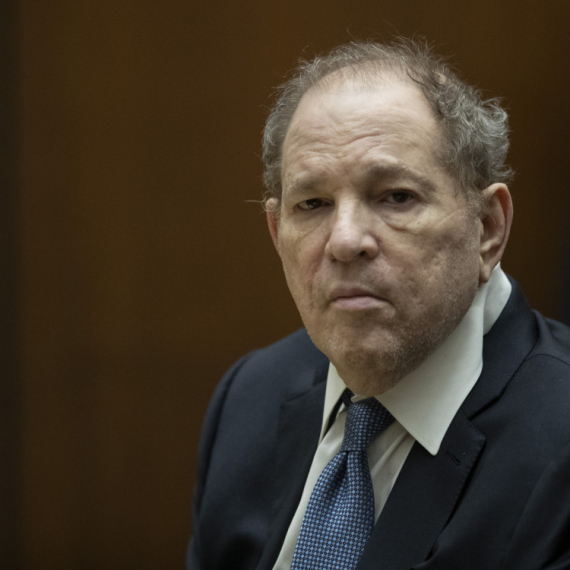
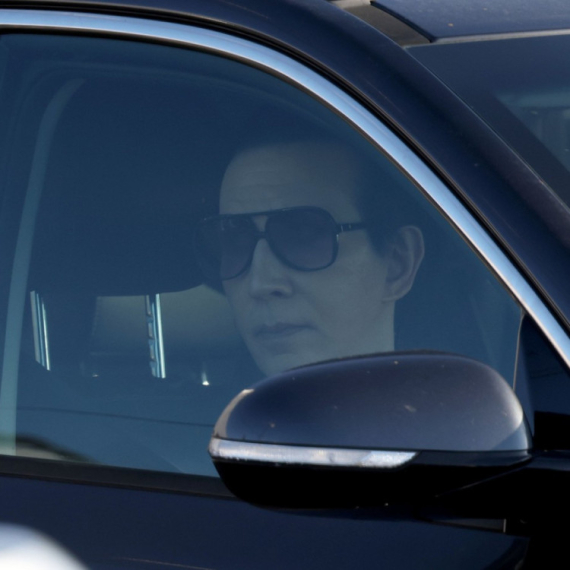












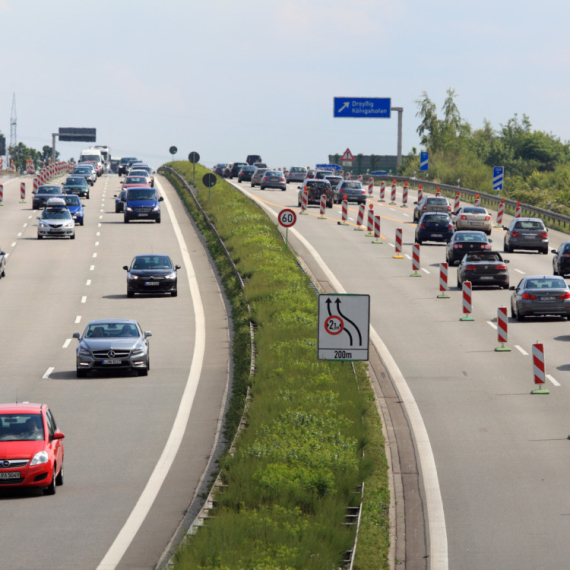


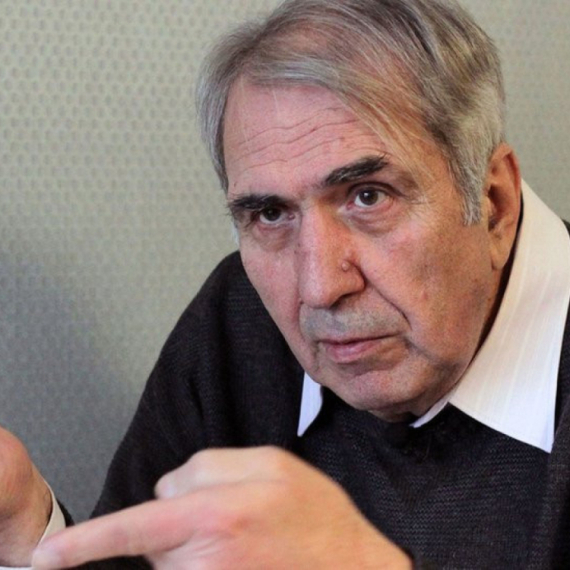
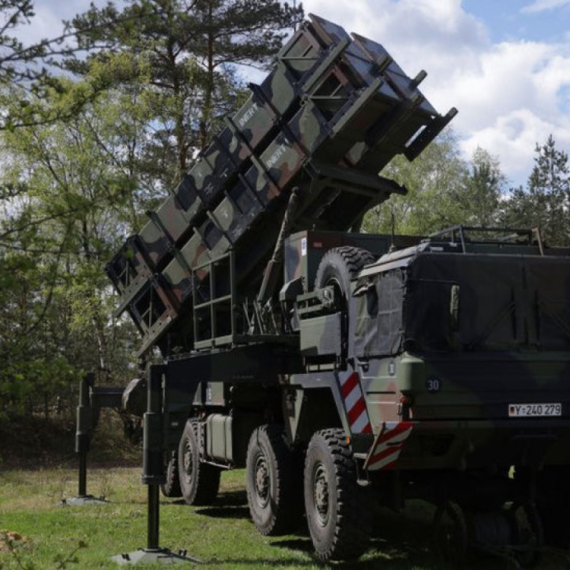




Komentari 0